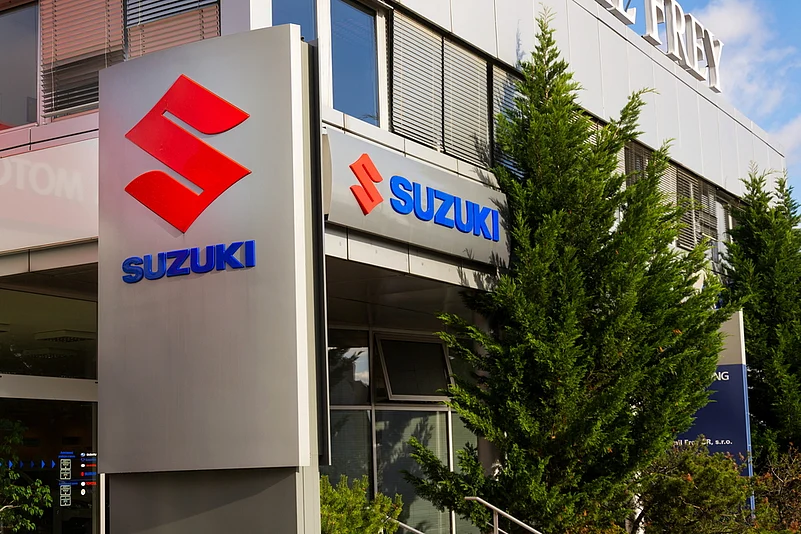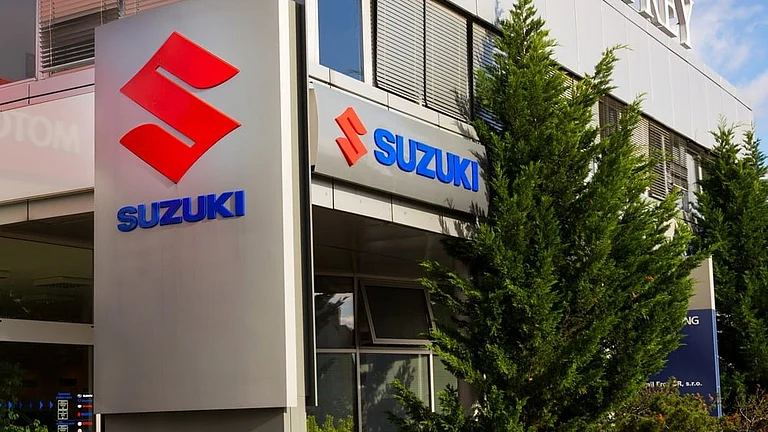India's largest carmaker, Maruti Suzuki, has reportedly kicked off a business restructuring initiative to grant more autonomy to its manufacturing units as part of its 2030 vision.
According to a report by The Economic Times (ET), the Suzuki Motor Corp-owned automaker will now treat its plants in Haryana and Gujarat as Strategic Business Units (SBUs).
Maruti Suzuki is reorganising its manufacturing setup into three SBUs: the first combines its Gurugram and Manesar plants; the second comprises its Hansalpur facility in Gujarat; and the third is the upcoming plant in Kharkhoda, Haryana.
The report said that plant heads will now assume broader responsibilities, overseeing all aspects of operations — including production, safety, quality, and industrial relations — with greater autonomy from the central office. This restructuring is part of Maruti's efforts to double production to 4 million units by 2030 under its "Maruti 3.0" plan.
What is the Maruti 3.0 Plan?
First unveiled in 2023, Maruti Suzuki's 3.0 strategy marks the company's third phase of growth. Under this plan, the automaker aims to double its annual production capacity to 4 million units within nine years, adding 2 million units to its existing capacity.
The company also plans to introduce 10 new models by FY 2030–31, expanding its portfolio from 18 to approximately 28 models. This includes the launch of six battery electric vehicles (BEVs), with the first mid-size electric SUV slated for release in FY 2024–25.
Maruti Suzuki also projects export volumes to increase to between 750,000 and 800,000 units by FY 2030–31, reflecting its commitment to strengthening its global presence.
The automaker reported a 15.6% year-on-year (YoY) revenue growth in Q3 FY25, reaching Rs 384.9 billion, largely driven by a 13% YoY increase in vehicle volumes. However, average selling price (ASP) declined 1% QoQ, reflecting higher discounting.
While gross margins improved by 30 basis points sequentially, EBITDA margin narrowed to 11.6%, impacted by elevated promotional expenses linked to new product launches and ongoing discounts. The firm expects the expect 3.5% retail growth seen in the first nine months of FY25 (9MFY25) to sustain in Q4.
On the exports front, Maruti Suzuki is seeing strong demand in Latin America, the Middle East, and Africa, supported by its robust distribution network and positive reception of new models.
Kotak Institutional Securities expects Maruti Suzuki’s revenue to grow by 7% year-on-year in Q4 FY25, driven by a 4% increase in volumes and a 3% rise in average selling prices, supported by a stronger product mix. However, this will be partially offset by higher discounting. EBITDA margin is projected to decline by 50 basis points to 11.8%, mainly due to increased discounts and higher marketing and advertising expenses, particularly related to the launch of the E-Vitara. These pressures are expected to be partially balanced by operating leverage benefits and a richer product mix, with a higher share of SUV sales.

































